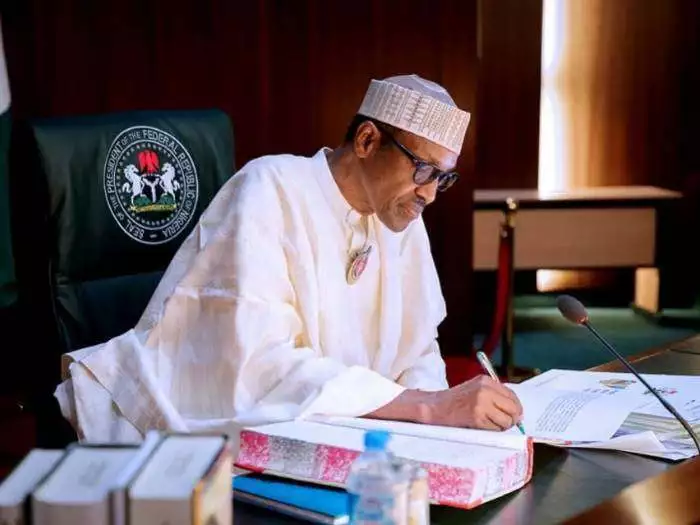There are palpable fears about the fate of separation of powers judging from the happenings in the political terrain in recent times, where the legislature and the Judiciary are gradually being allegedly subsumed under the wings of the executive.
Eal y this month, the Presidency had written to the Acting Chief Justice of the Federation on the issue of appointment of new judges for the supreme court to make up the number to 21. The Judiciary and the legislature has never told the executive how to appoint aids.
The President had written: ‘‘Pursuant to the provisions of Section 230(2) A&B of the Constitution of the Federal Republic of Nigeria, 1999 (as amended), I am pleased to request that you initiate in earnest the process of appointing additional five Justices of the Supreme Court of Nigeria to make the full complement of 21 Justices as provided by the aforementioned provisions of the Constitution.
‘This is in line with the Government’s Agenda of repositioning the Judiciary in general and Supreme Court in particular for greater efficiency, with a view to reducing the backlogs of appeals pending at the Supreme Court.”
Adewale Ogunkua, a social commentator, queried this action on social media.
“In 2014, the NJC of which the CJN is Chairman had stipulated the guidelines for the appointment of Justices to the Supreme Court and Court of Appeal. The CJN or National Assembly has never written a lettter to the Presidency to appoint Ministers. This is DEROGATORY to the principle of the DOCTRINE OF SEPARATION OF POWERS as enshrined in the 1999 Constitution. The appointments procedure is certain and lies with the Judiciary,” he wrote.
So many others are toing this line of reasoning.
Recently, the President had tried to justify why he “sacked” the former Chief Justice, Walter Onnoghen, oblivious of the fact that he is confessing to usurping the role of the National Judicial Commission, NJC. The NJC, however, is constituted around the CJ, who heads the Judiciary.
Recently, too, there were allegations of queries by the Presidency to the President of the Senate, dictating to him on who to appoint as his personal aids.
It is currently believed that these are basic signs of power concentration on the presidency, which is inimical to separation of powers.
Discover more from The Source
Subscribe to get the latest posts sent to your email.








